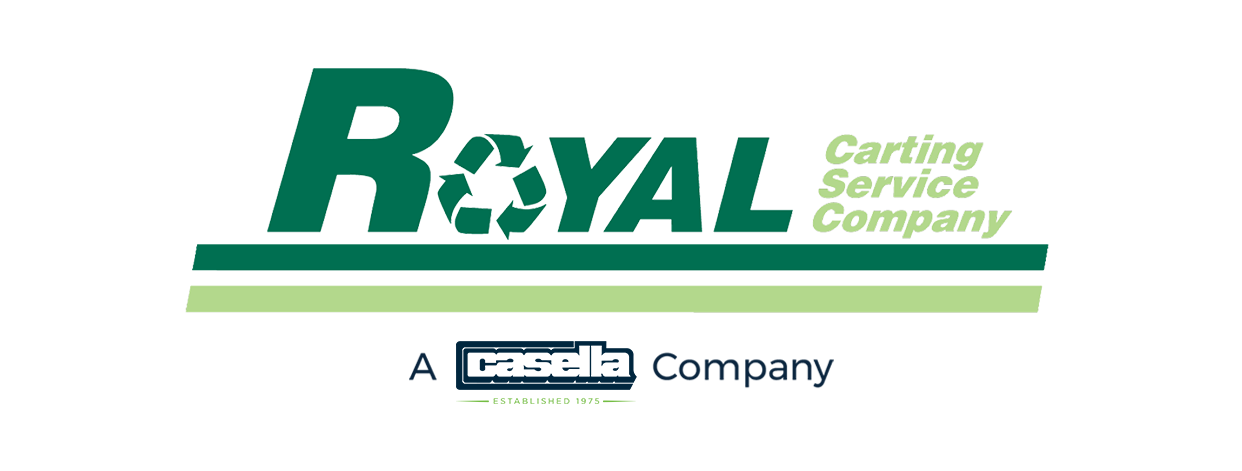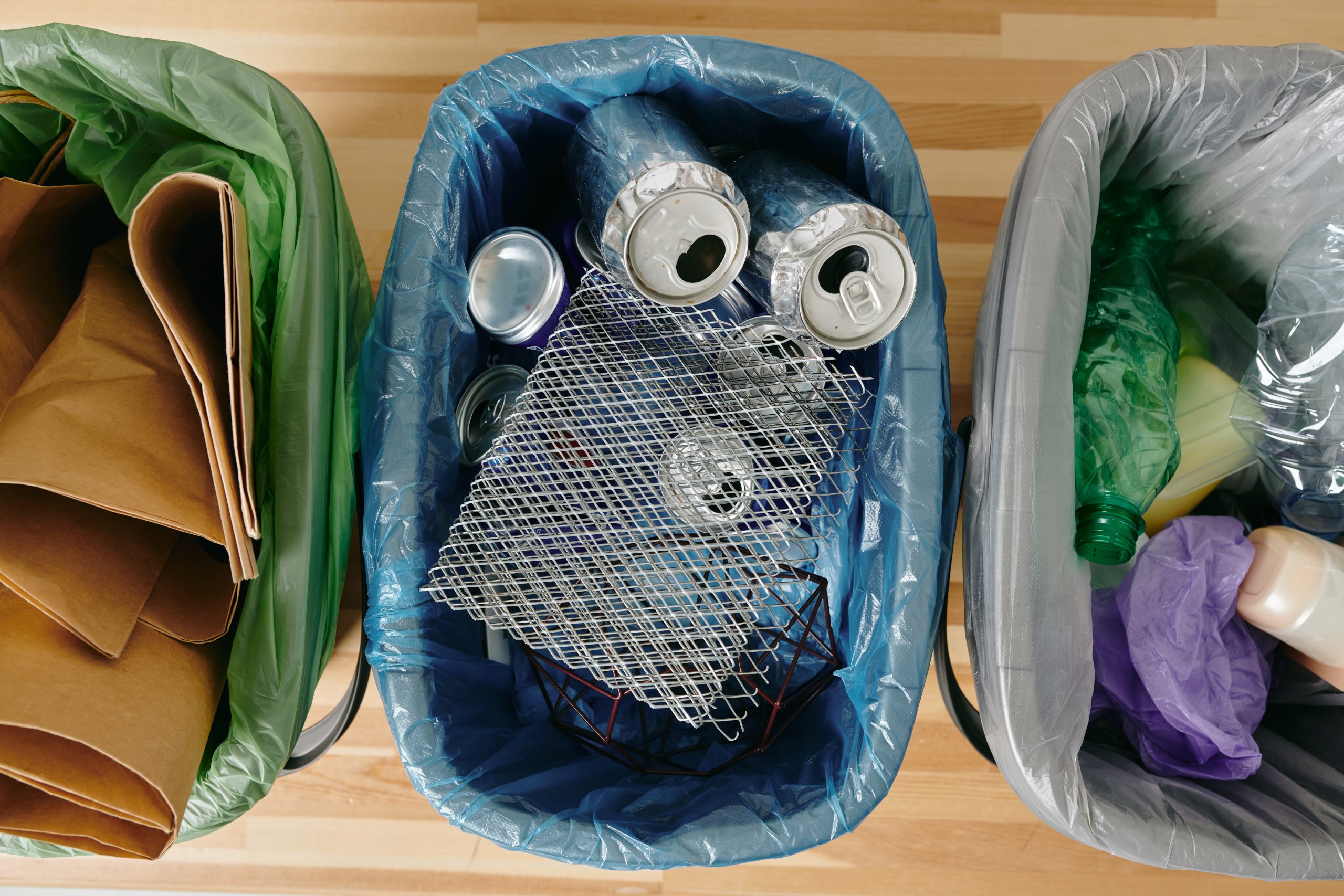Properly disposing of waste is an important aspect of keeping our communities clean and safe. However, many people may not be aware of the items that should not be placed in their trash cans. Here are a few examples of items that should not be put in your garbage cans:
Hazardous Materials
Items such as pesticides, batteries, and cleaning products can be dangerous if not disposed of properly. These materials should be taken to a local hazardous waste collection event or contact your local waste management facility for information on how to safely dispose of them.
Electronics
Electronic devices such as computers, televisions, and cell phones contain harmful chemicals and metals that can be dangerous if not disposed of properly. Many communities have electronic waste collection programs and recycling centers where these items can be dropped off for proper disposal.
Medical Waste
Medical waste such as sharps (needles), medical gloves, and any other items that come into contact with bodily fluids or blood should be disposed of properly. Check with your local waste management facility for guidelines on how to dispose of medical waste.
Construction Materials
Construction materials such as lumber, roofing materials, and drywall should not be placed in your garbage cans as they may not be able to be processed in a landfill. Check with your local waste management facility for guidelines on how to dispose of construction materials.
Food Waste
Food waste can create unpleasant odors, attract pests, and take up valuable space in landfills. Consider composting your food waste or check with your local waste management facility for guidelines on how to dispose of food waste.
Plastic Bags
Plastic bags can cause problems in the recycling process as they can become tangled in the machinery and cause delays. Many cities and towns have designated drop-off locations for plastic bags, so they can be recycled separately.
By properly disposing of these items, you can help to keep your community clean and safe and also help to protect the environment. It’s important to check with your local waste management facility for guidelines on how to properly dispose of these and other items, as regulations may vary depending on your location.

